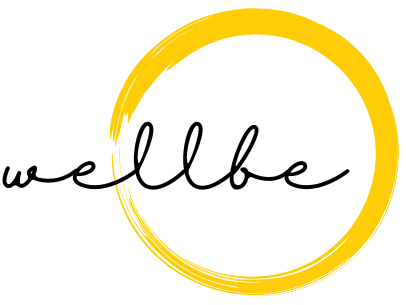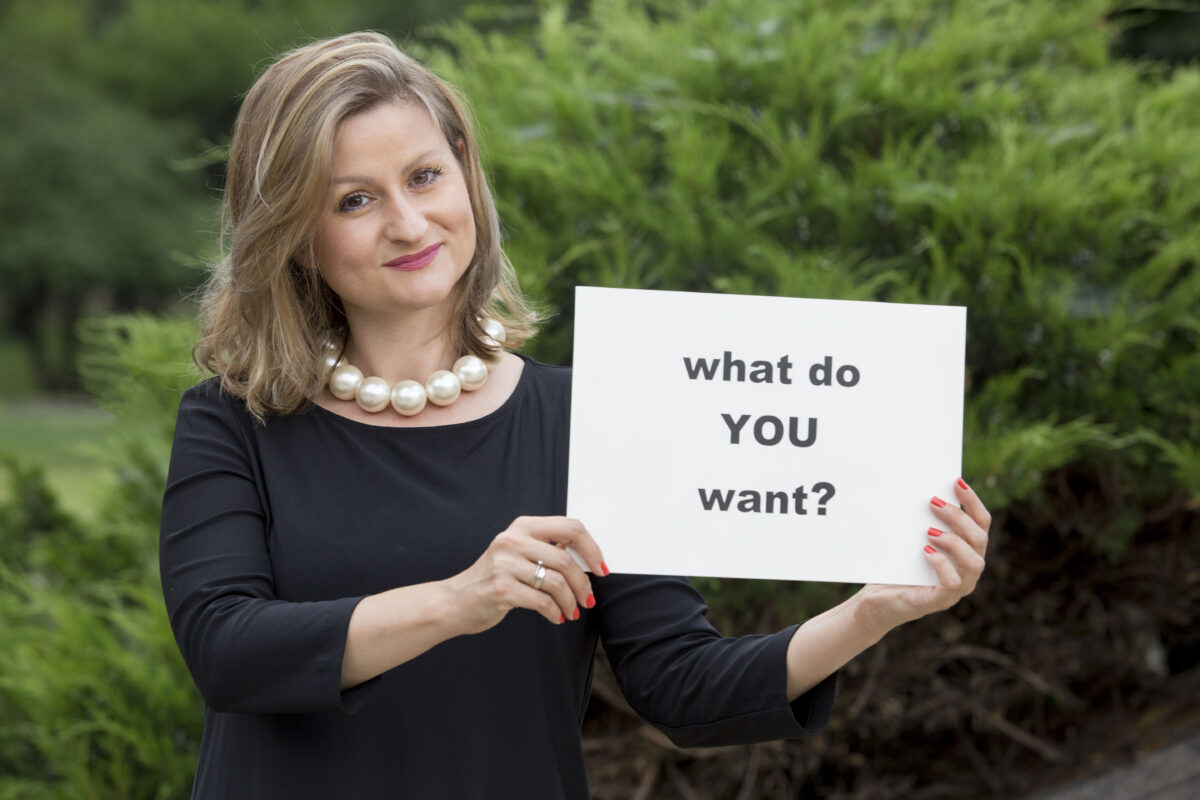What question sparks in your mind when you hear the term “powerful question”? Being one of the core competencies in the art of coaching, recognised by authorities like the International Coaching Federation (ICF) and the European Mentoring and Coaching Council (EMCC), asking powerful questions starts with mastering active listening and presencing in the process. In both individual and group or team settings, a powerful question is one that moves the status quo, shifts perspectives and opens possibilities. The right inquiry can be transformative. The WellBE team respectively allocated a deserved position to the skill of asking powerful questions, placing it as one of the 8 core skills for trainers to embed coaching in their practice, presented in our Handbook “Coaching Skills for trainers”. Here are a few approaches to put that skill into practice:
Powerful Questions in Individual Setting
In the realm of individual coaching, here are five potent questions to ignite introspection and growth:
- What does success mean to you, personally? This question invites learners and coachees to delve deep into their values and aspirations, aligning their goals with their authentic selves.
- What are the underlying beliefs that might be holding you back? Unearthing limiting beliefs is crucial for personal development. This question sparks self-awareness and paves the way for change.
- If fear were not a factor, what would you dare to pursue? Fear often paralyzes us. This question encourages clients to envision a future free from constraints.
- What strengths have you not yet fully tapped into? Focusing on strengths fosters confidence and empowerment. This question helps clients recognize their untapped potential.
- What small step can you take today towards your desired future? Action is key to progress. This question inspires immediate, tangible steps toward a brighter tomorrow.
Powerful Questions in Group Settings
In collective settings, where diverse perspectives abound, powerful questions can deepen discussions and promote shared understanding. Here are five questions tailored for group, team, or collective exploration:
- What common values unite us as a group? (if you are asking as a member or leader of the team) or What common values unite you as a group? (if you facilitate a process)? Identifying shared values fosters cohesion and cooperation. Once people recognize what they have in common, and what things they all appreciate, it creates a bond that ensures productive collaborations.
- How might you leverage your differences for innovation?Embracing diversity can lead to creative solutions and fresh insights. Asking such a question also recognizes diversity as a value.
- What barriers do you collectively face, and how can you overcome them? Acknowledging challenges as a group empowers collaborative thinking and with good facilitation, you can even move the group or the team from seeing the situation as finding a solution rather than problem-solving.
- What impact do your actions have on the broader community? Encouraging social consciousness encourages responsible decision-making. Thinking of the various stakeholders – especially those that are not in the room, supports system thinking, which fosters a systems mindset and culture within the organizations.
- What can you learn from past successes and even failures as a team / collective? Reflecting on shared history informs future endeavours. Tapping into the past with the goal of collecting positive models and patterns comes from the Solution-focused approach, which can be truly empowering in challenging times.
The Power Within Closed-Ended Questions
Perceived as a cardinal sin in coaching, close-ended questions can be instrumental in coaching. As a rule of thumb, the coach, and facilitator should ask open-ended questions to broaden perspectives. In other words, avoid asking questions whose reply is yes/no and supports polarity. One might assume that powerful questions are exclusively open-ended, but in my view and experience as a coach, the truth is more nuanced. Even closed-ended questions can be potent catalysts for change, provided they trigger a shift in perspective. It is all about how these questions are framed and the context in which they are asked. For example, asking, “Have you considered this option?” can be a powerful closed-ended question. It may not open up a broad discussion, but it nudges the individual or group to explore previously uncharted territory. The true essence of powerful questioning lies in fostering self-reflection and encouraging new avenues of thought.
Here are some preferred powerful questions, offered by members of the WellBe project team:
Adrijana Milosavljević, Koucing Centar, Serbia
“I would say that the magic and power are in simple questions. That could be similar in a group or individual setting. When we see that some insight has emerged, we notice it and ask something like: What is this insight telling about you? What are we learning from this? How can this learning support you in achieving your goal?
Also, my experience is that checking client’s words and phrases and using their metaphors in the coaching process can also be magical.”
Lachezar Afrikanov, Your ideas matter, Bulgaria
“My favourite questions in coaching and training are “What is truly important to you right now?”, “From the outlined steps, which one will you take as the first step after our meeting?” I believe that these questions are compelling in coaching and training because they encourage self-reflection and goal setting. The first question prompts individuals to prioritize their current needs and desires, fostering self-awareness. The second question helps the person or team members create a concrete plan of action, promoting accountability and progress towards their goals.”
Monica Heeger, BEST, Austria
“My favourite powerful question in coaching and training is the “miracle question”, a powerful intervention from systemic coaching (by Steve de Shazer) to initiate a process of rethinking and changing perspectives. When clients are focused on problems, without being able to change their perspective towards solution orientation, I ask the question “Imagine you wake up tomorrow morning and everything is fine, all your problems are gone. How would you first recognise it, how would it feel for you, how would your environment notice it?” I also use this question in group settings, preferably to trigger a training session with goal setting.”
The true magic of powerful questions lies not only in the words themselves but in the space they create for collective or self-discovery, growth, and meaningful dialogue. Whether in individual coaching sessions or group dynamics, the art of powerful questioning is a valuable tool for coaches, mentors, and educators alike.
About the author: Svetoslava is representing the Belgian partner in the project, NMCT: https://nmct.eu
Connect with her via LinkedIn:
Svetoslava Stoyanova, ACC, ICF
https://www.linkedin.com/in/svetoslavastoyanova/

